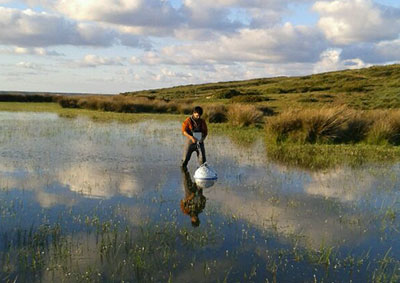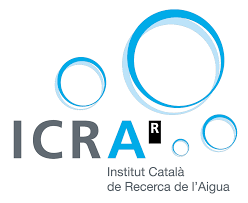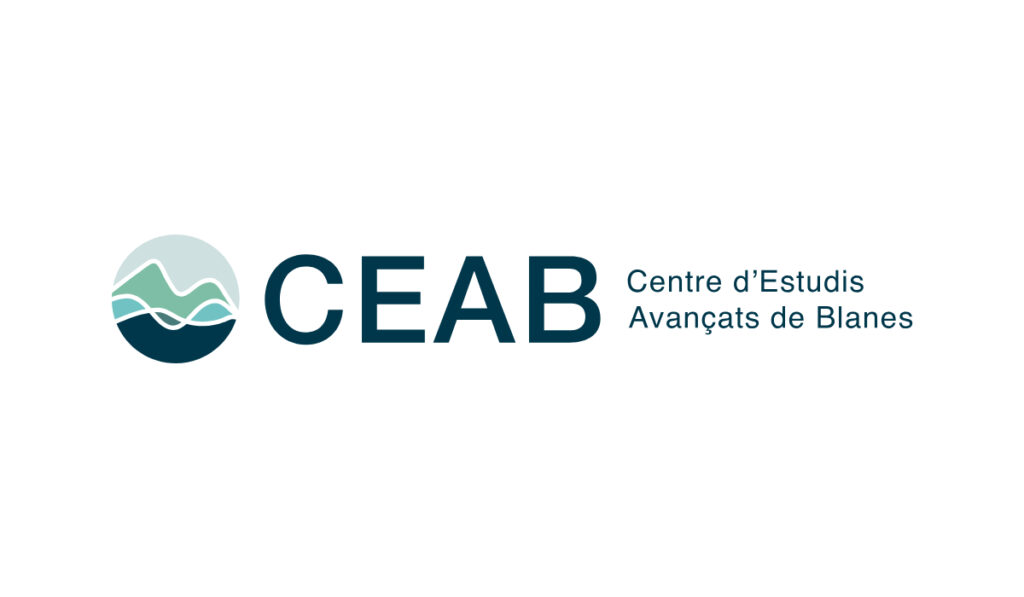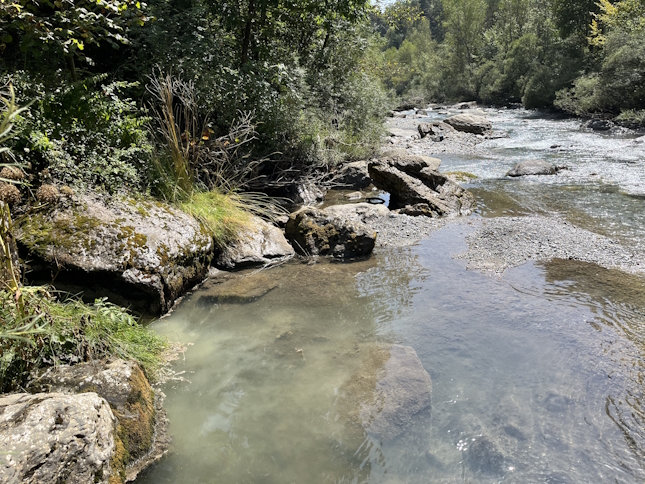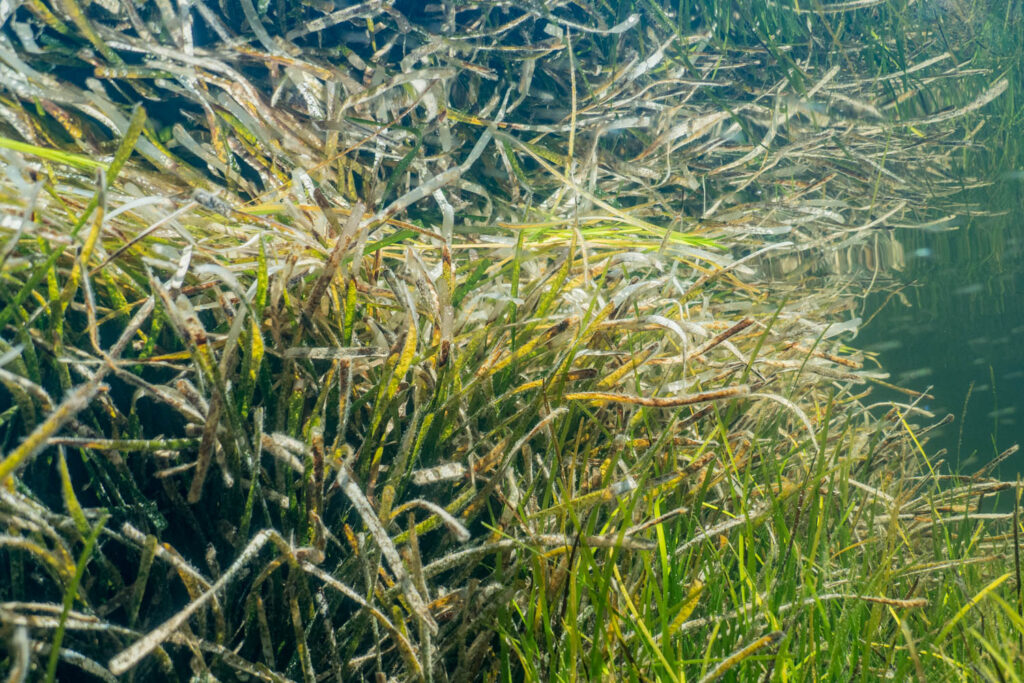The increasing availability of our climatic products and the advances in the fan modeling eines that remain possible for the first time to produce reliable forecasts of water quality in lakes and rivers on a regional and global scale, a potential that can be exploited in the sector of l’water. InventWater will form a new generation of professionals capable of uniting fields with data science, climate, hydrology and water ecology, and who are now developing the necessary capabilities to translate the knowledge and technical innovations into useful products. for managers, political leaders and the general public. The project is based on 15 doctoral theses on the most innovative aspects of water quality prediction applied to a wide range of problems, from local adaptation to the increase of extreme climatic events, including the supports the adaptation strategies to climate change and the assistance of the United Nations Sustainable Development Objectives.
IP: Rafael Marcé, CEAB-CSIC
Partners: ICRA, AARHUS UNIVERSITET, DkIT, UFZ, IIASA, RUHR-UNIVERSITAET BOCHUM, UNIVERSITY OF STIRLING, VRIJE UNIVERSITEIT BRUSSEL, WAGENINGEN UNIVERSITY, UNIVERSITY COLLEGE CORK

